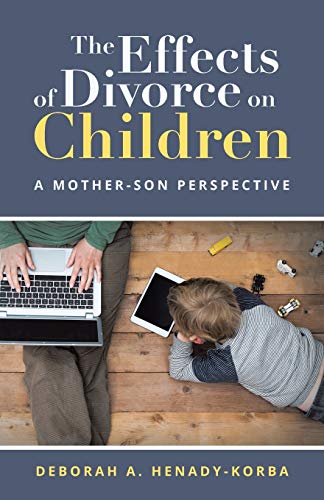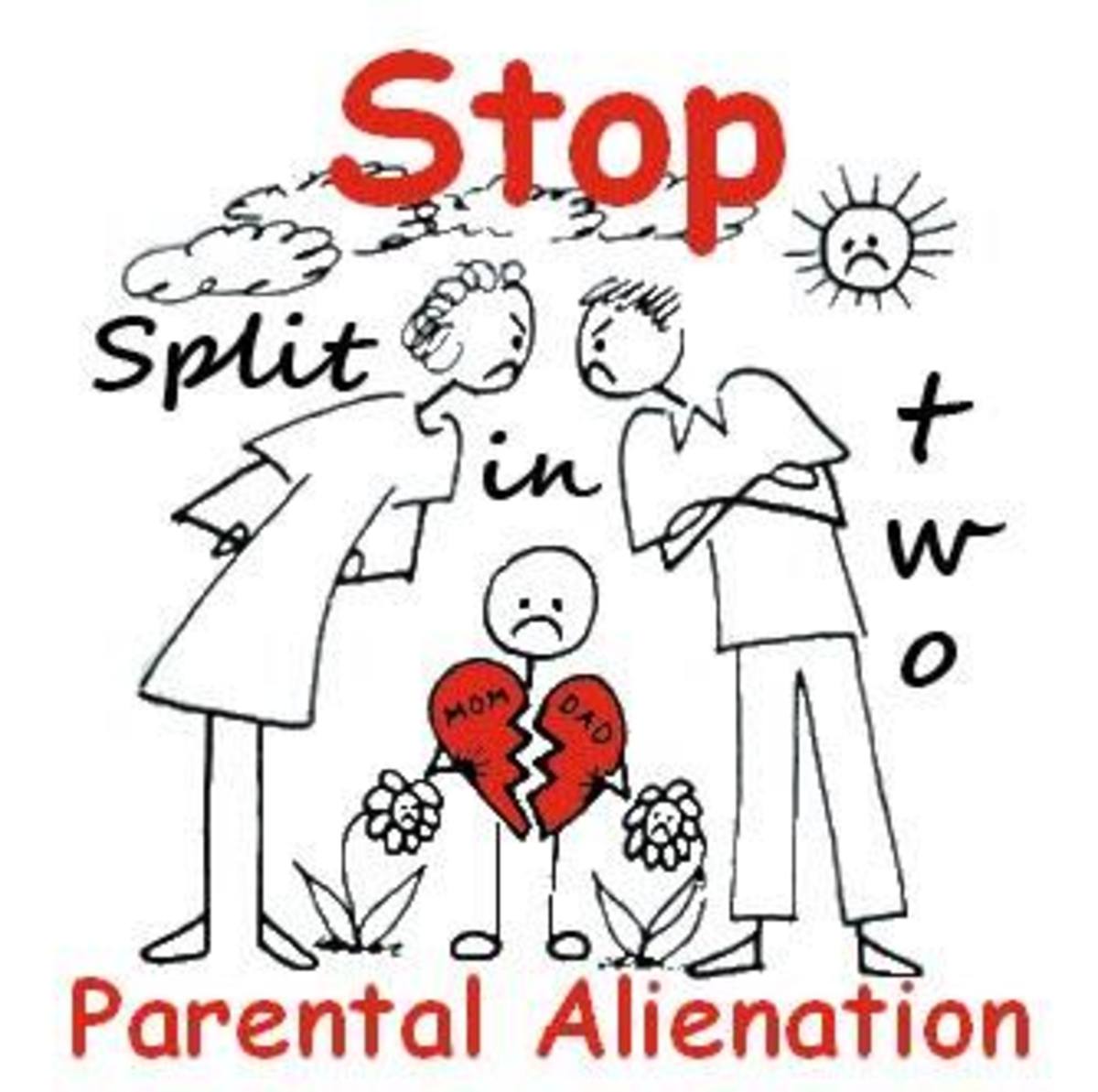The Impact of Divorce on Children

Does divorce affect children?
“Divorce has become a common entity in many western countries and as a result many children are directly affected by it” (Blades, Cowie & Smith, 2011). The degree as to how the lives of children are impacted is however different depending on many variables. “Current trends in literature indicate that the effects of divorce on children may vary by gender, age, developmental level, and quality of noncustodial parenting” (Miller, Morrison & Ryan, 1999). Student with disabilities are also very much affected. “Divorce affects everyone involved, but it is often the most difficult for children with disabilities” (Epperson, 2008). It is important to however consider that each child is affected differently and as a result no one solution will work. To better serve the children affected we must first understand the effects of divorce, put in place a support system that will help them feel good about them self and develop strategies and ways to make the children feel comfortable.
Divorce affects children in various ways depending on many factors. According to Blades, Cowie and Smith (2011), “the effects on divorce have been found to vary considerable with the child’s age when the separation occurs.” The age of the child is very important when considering how the child is going to cope with divorce. Children at a younger age may find it easier adjusting to separation because most times they are unaware of what is happening and will assimilate into the situation better. Elementary and middle school children will find it a bit more difficult. These children end up blaming themselves, feeling guilt and holding on to hope for their parent to someday reunite (Miller, Morrison, Ryan, 1999).
The gender of the child will also affect the degree as to how the child will be impacted. “Boys are more at risk than girls, primarily because mothers are awarded custody more often than fathers” (Matthews, 1998). Mothers will get custody of the children in majority of the cases in a divorce trial. Girls living with their mother find it easier to relate and move on. Boys however have a harder time. Boys most times find it hard to not have a male to look up to; this is especially hard if the mother does not remarry. The result is, at school the child will most likely act out because of the lack of paternal attention at home.
Divorce is never easy; parents need to consider the effects of their action in regards to their children. Divorce affects children and school in a profound way. Children in many cases end up feeling “more emotionally isolated, insecure, anxious, or depressed” (Miller, Morrison Ryan, 1999). At this time it is imperative to provide the child with as much support as possible. The many stressors in the child’s life may have him or her displaying negative behaviors such as being violent, disruptive in class and isolating oneself from others. Academic effects such as not focusing, failing exams and being left back are all risks. School age children are very much affected by divorce and as a result much needs to be done to ensure their well being.
Preventing long-term effects from divorce
One of the best actions that can be taken to prevent long-term effects from divorce is the collaboration of parents, teachers and other professionals. Parents need to first do their part in “explaining to their child that the conflict is a problem between the adults and that it is not the child's responsibility to fix it” (Epperson, 2008). Many times children will blame themselves for what is going on, parents need to make sure that the child knows it’s not him or her fault, assuming he or she knows is not always the case. The role of the teacher is very important in the success of the child after a divorce takes place. “A positive teacher- child relationship can affirm a child's sense of safety, security, and self-worth” (Miller, Morrison & Ryan, 1999). There are many activities and strategies that a teacher can use to help the child. According to Miller, et at (1999), children affected by divorce are most times left to feel as if they have no control over anything that is happening. Teachers can help by assigning the child tasks to perform and having the child make decisions when it comes to the class. Most importantly teachers need to be there for the child; just being patient and caring for what the child is going through can sometimes be the best support possible. In some cases the child may require extra services such as counseling. In this case the counselor is also a part of the child’s support system.
The parent, teacher, and counselor are all good on their own but when the team is combined it can even better for the child. The child will no longer feel alone, guilt or forgotten; he or she will see that there are people who care for him or her. A great way to help a troubled child is intervening early, “early intervention should begin with a parent conference as soon as the child's classroom difficulties persist beyond normal limits” (Miller, et at., 1999). If the teacher sees that the child is not acting as he or she normally would then the parent needs to be contacted as soon as possible. The collaboration between parent- teachers is essential in the child’s well being. Having a support system in place will ensure that the child is not alone in anything he or she is going through.
Students receiving special education services are more susceptible to be affected by a divorce. “Divorce affects everyone involved, but it is often the most difficult for children with disabilities” (Epperson, 2008). Depending on the severity of the disability, divorce will affect each child differently. Epperson (2008) mentions that disruptions in daily routines can cause major stress to students with disabilities. With disruptions such as visitation schedules and changes in living situation, divorce can be very traumatic for these children. Parents and teachers need to work together to create structure for students to follow. Parents should try to stick to schedule when picking up and dropping off in the case of visitation schedules and teachers need to make sure that the children know what to expect in regards to classroom rules and expectations. Epperson (2008) also mentions that it is important to remind children that divorce is not about them and they are not the cause. Parents need to make it clear to the kids that they are still loved by both parents, no matter what is happening in their lives. Divorce is tough on all children but children with disabilities are already at a disadvantage when it may relate to academic and/or behavior. Adults in the child’s life need to ensure they are working to together to make sure the child’s “best interest” is always met.
Divorce is a situation that is hardly preventable in the world we live in. Children are greatly affected by it in many ways. As adults it is important to explain to children as to why divorces happen and also give them opportunities to talk about it and not feel alone. Divorce causes major stress for all affected, parents, teachers and other professionals can work together to make the situation bearable for the children affected. With a good support system, children can get though it and lead a normal and successful life.
Bibliography
Blades, M., Cowie, H., Smith, P. K. (2011). Understanding children literature (5th Ed.). United Kingdom: Wiley.
Epperson, B. When parents of children with disabilities divorce. GIPSOLO Magazine (April/May 2008).
Matthews, W. D. (August, 1998). Long-term effects of divorce on children.
Miller, P. A., Morrison, W., Ryan, P. (1999). Practical strategies for helping children of divorce in today’s classroom. Childhood Education.75.5, 265.










